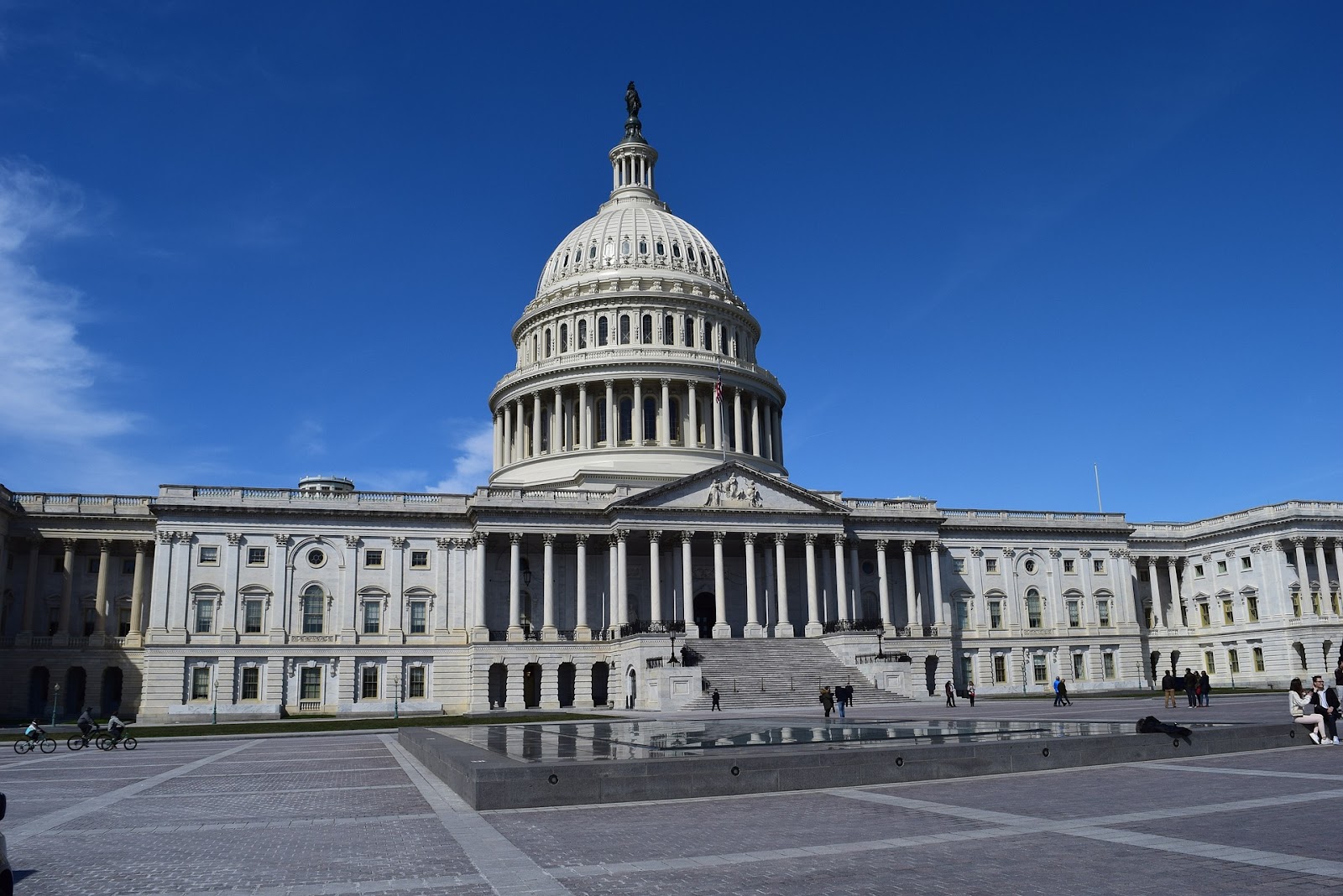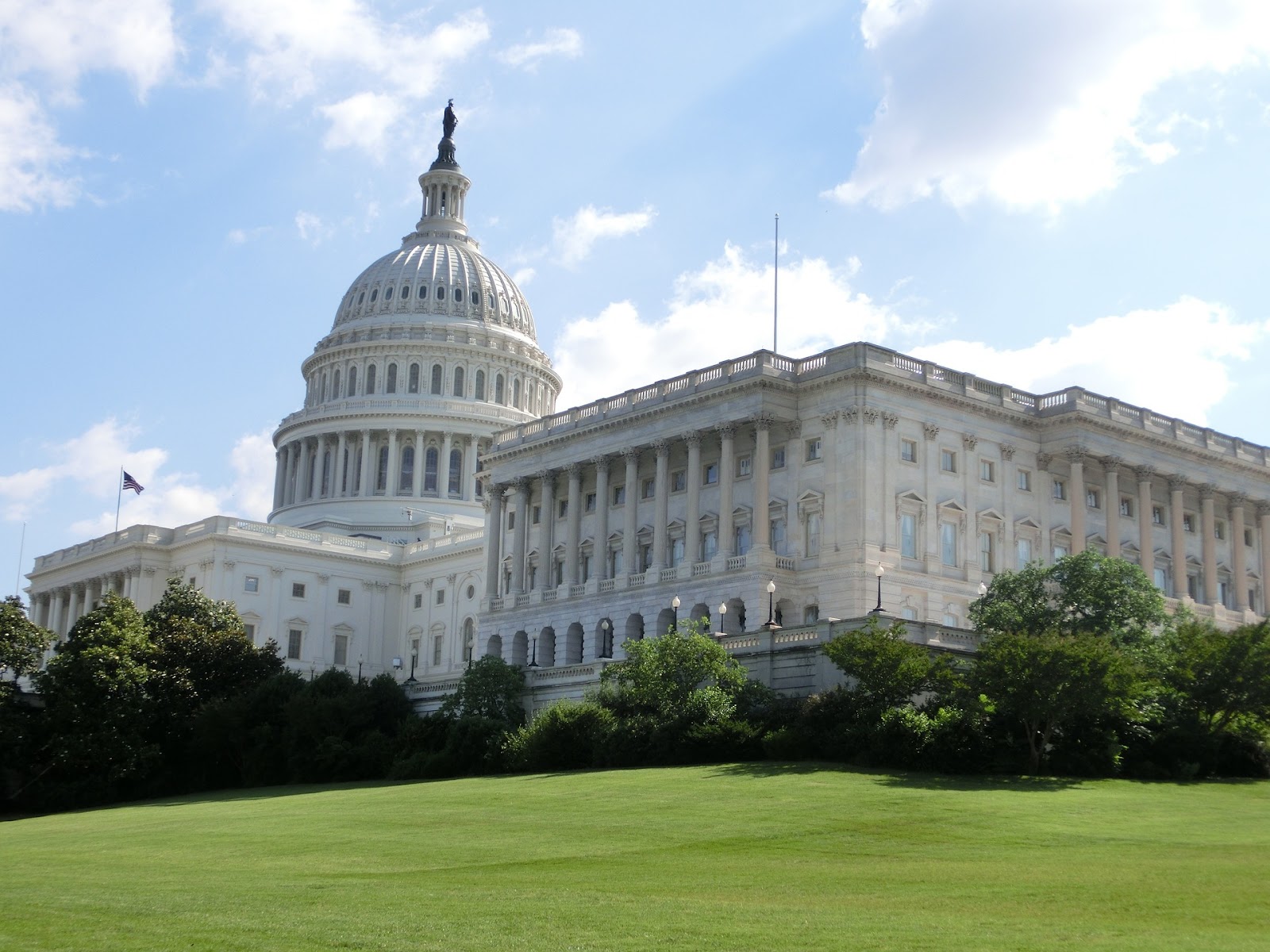The Internal Revenue Service (IRS) has secured $160 million in back taxes in its crackdown on tax evasion among high-income individuals, marking a significant victory in the agency’s enforcement efforts. This achievement arises from a concentrated strategy to pursue wealthy individuals who have avoided their tax responsibilities, highlighting the government’s commitment to ensuring compliance with tax laws.
This aggressive approach was made possible by the Inflation Reduction Act, introduced by the Democrats, which significantly increased the IRS’s funding. The act’s passage was not without debate, as Republicans expressed doubt over the financial windfall the IRS receives, casting a shadow of uncertainty over future funding.
Seizing the opportunity, the IRS launched an aggressive operation in September to redress tax debts from approximately 1,600 individuals, each within an income bracket of over $1 million and with tax debts surpassing $250,000. This strategic move has yielded tangible results, with $122 million recouped from just 100 settled cases.
Further bolstering this year’s recoveries, the IRS had already retrieved an additional $38 million from wealthy tax offenders earlier in its fiscal calendar. IRS Commissioner Danny Werfel shared insights in his conversation with reporters, “I think that the evidence that we’ve seen to date, in terms of the amount that we have recovered … points to this being a highly important effort for us.”

Some cases highlighted the extent of the evasion tactics used by wealthy individuals. One such instance involved a taxpayer who faced a $15 million restitution after disguising lavish personal spending as deductible business expenses. These expenditures included a 51,000-square-foot mansion and other luxury items, demonstrating the lengths some individuals would go to circumvent tax obligations. Another case featured a business owner who admitted to submitting false tax returns and embezzling over $670,000 from his company for personal and gambling expenses.
Beyond targeting individuals, the IRS is also intensifying its focus on large corporations, especially U.S. subsidiaries of foreign entities notorious for tax evasion. The approach is sophisticated, blending advanced artificial intelligence with expert insight to pinpoint tax discrepancies without imposing unnecessary audits on compliant taxpayers.
These enforcement actions are part of a comprehensive IRS overhaul courtesy of the Inflation Reduction Act’s allocation of $80 billion over the next decade. This overhaul encompasses numerous initiatives, including technological upgrades, staff increases, and improved taxpayer services, with a particular emphasis on combating tax evasion.
Already, the public has begun to see improvements. In the 2023 filing season, the IRS managed three million additional calls, reducing wait times significantly. Furthermore, plans are underway for a groundbreaking free tax filing program, Direct File, to launch next year. Moreover, the IRS is set to leap into the future with an all-digital format for paper-filed tax returns by 2025, aiming to streamline processes and accelerate refunds.
Despite these advancements, the funding boost hasn’t been without political challenges. Republicans have questioned the necessity of the $80 billion investment, voicing concerns about potential increased audits for average Americans. This concern led to a bipartisan agreement reclaiming $20 billion of the allocated funds, a development that the Biden administration has insisted will not fundamentally impede the IRS’s progress in the coming years.
The recovery of $160 million in back taxes is not just a victory for the IRS; it underscores the agency’s renewed dedication to equitable tax practices, emphasizing that financial responsibility is universal and non-negotiable. This ongoing saga serves as a clear reminder: no one is exempt from paying their fair share when it comes to taxes.






















































































































































































































































































